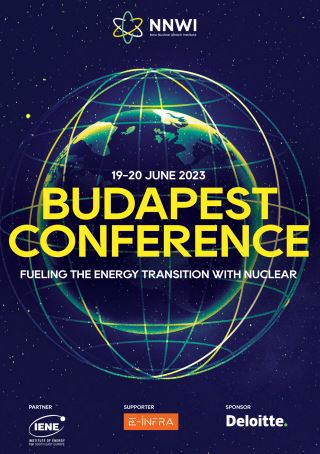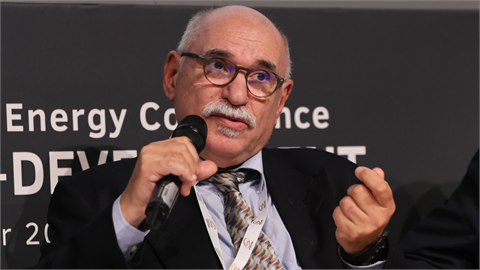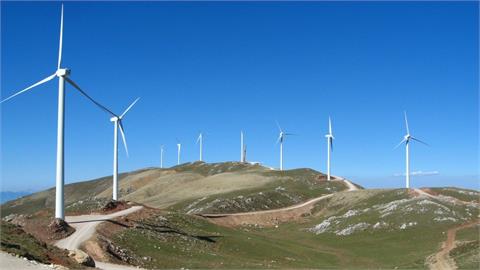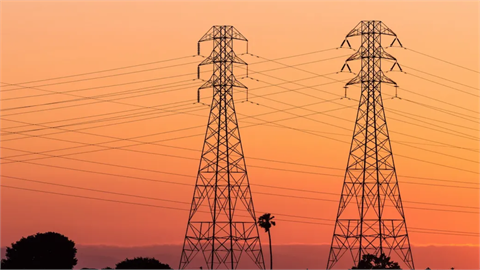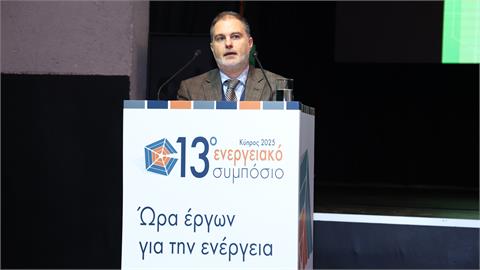Last Tuesday, June 20, the “Fueling the Energy Transition with Nuclear” conference jointly convened by the New Nuclear Watch Institute (NNWI) and the Institute of Energy for SE Europe (IENE) took place in Budapest.
Last Tuesday, June 20, the “Fueling the Energy Transition with Nuclear” conference jointly convened by the New Nuclear Watch Institute (NNWI) and the Institute of Energy for SE Europe (IENE) took place in Budapest. With a relatively high delegate turnover and a select group of speakers from regional and international organizations and well known companies the conference proved a success. Sponsored by Deloitte and supported by E-Infra the conference attracted more than 90 participants from all over Europe.
As Tim Yeo, NNWI’s chairman and conference chairman said out in his opening remarks, “this is the first conference we have held in Budapest in partnership with IENE and we are grateful to Deloitte and E-Infra for their support”. He then went on to point out that it is appropriate to hold a Forum on “Fuelling the Energy Transition with Nuclear” in Hungary, one of the European Union member states which is committed to making nuclear an important part of its energy mix. Since NNWI’s last Forum in London in October the revival of the nuclear energy industry, both in Europe and further afield, has gained momentum and is spreading to more countries.” Tim Yeo also underlined the concerns about security of energy supply which were aggravated by the invasion of Ukraine have remained, even though the mild winter in Europe meant that the worst fears about price rises have not materialized. By contrast, anxiety about climate change is growing in the face of stark scientific warnings about an imminent rise in global average surface temperature to above the 1.5C goal set by the Paris Accord in 2025.
Speaking in the same vein Costis Stambolis, Chairman and Executive Director of IENE, noted that the path towards decarbonisation in SE Europe is arduous,to say the least,given the region’s high dependence on solid fuels which until now have covered the bulk of its electricity needs. «It is true that over the last five years or so there have been consistent efforts by governments and investors to introduce renewable energy sources, notably solar photovoltaics and wind. Yet, with the exception of Greece,Romania and Turkey, their impact is still to be felt. But by augmenting existing infrastructure and introducing new nuclear capacity to the regional grid one could accelerate the decarbonisation drive and also provide much needed stability in the form of base load which nuclear is uniquely placed to deliver», he added.
In order to see the conference programme,the individual speakers and some timely articles on nuclear power you may visit www.newnuclearwatchinstitute.org
